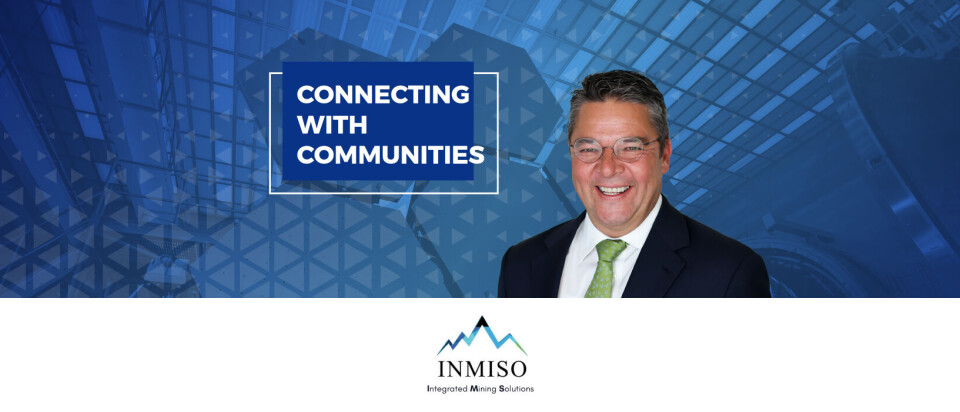Community resettlements can be a “huge, huge issue”, and mining companies operating in Africa should engage very early and seek to empower local communities rather than relying on financial incentives, says mining expert Robert Botha.
“You cannot mine properly if you don’t have community buy-in,” stressed Botha, who held senior positions at top mining companies and law firms before establishing Integrated Mining Solutions (INMISO) Consulting. “And how do you achieve community buy-in? It’s not by simply throwing money at the problem; that doesn’t work.”
Botha noted that, given the shortage of land under which rich resources sit, it can become necessary to negotiate the relocation of communities. That’s a significant challenge, and “if you get that wrong then you’re forever going to sit with a problem” because local communities won’t trust you, he said. The flipside is that resettlements done responsibly can positively benefit communities and mines.
INMISO, which is based between Johannesburg and Pretoria, is proud to have helped navigate the largest successful community resettlement in the region.
There are two different situations common in Africa – one where families in a community privately own property, and the other where a community is on tribal land – and they require different approaches, Botha explained.
In the first case, Botha says mines should follow the principles of international environmental and social benchmarks like IFC Performance Standard 5. Those principles should be discussed with the affected community “way before you start putting your resettlement action plan together and disturbing everyone or setting up structures,” Botha stressed.
It’s important to talk with the local community about what those principles mean, and the benefits they will receive from moving to another location.
Tribal land requires a different approach and it can be far more complex than providing families with a better house in a better location. Negotiations will go through tribal leaders, and it’s vital to understand the local culture and their deeper connections to that land, Botha said.
“Money is not going to solve those challenges,” he added. “It’s careful planning, and truly understanding the culture. It’s understanding what it is that they want to take forward for their grandchildren and their grandchildren. Can we replicate that on another property?”
In both cases, empowerment is more important than simple economics.
The community’s benefits from a new mining project should go beyond the life of any contracts with the local mine, said Botha. Consultation and cooperation must begin very early so that creative solutions can be found, and new jobs and opportunities should empower the people.
Mining companies can shoulder much of the responsibility for community development, from teaching transferable skills relating to mining operations such as manufacturing parts, to enhancing the understanding of contracts, and instituting corporate governance to help a joint venture thrive.
INMISO is currently developing technology to help mining companies implement and comply with various regulations and plans vital to gaining and maintaining their mining rights. Botha says it’s about having all the silos in various disciplines aligned and communicating well, “so you don’t realise in year four of your five-year plan that you’ve only built 10% of your committed houses in terms of your social and labour plans that form part of your mining right. This would make you non-compliant and put your biggest asset – your licence to operate – at risk.”
To join Africa Legal's mailing list please click here

